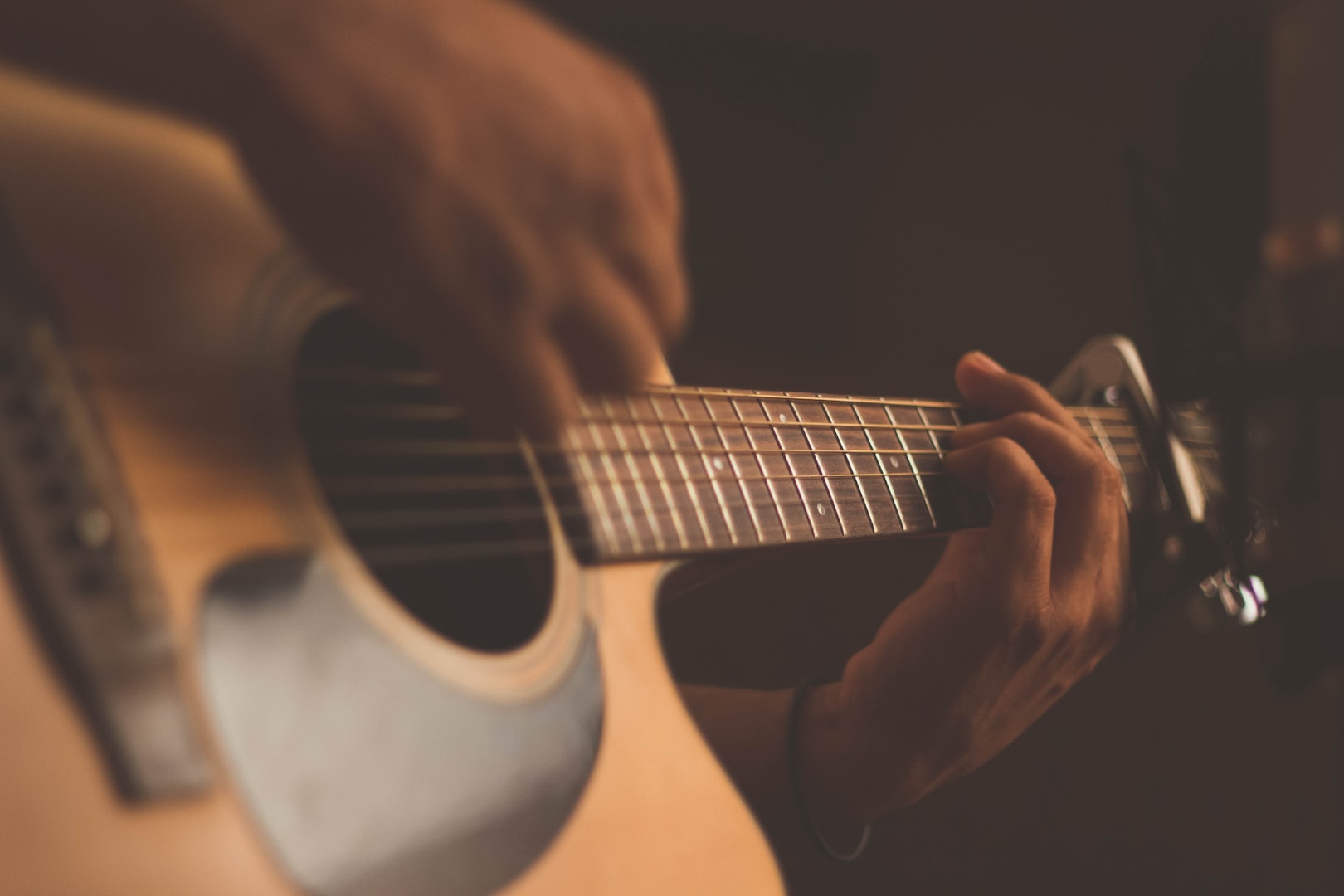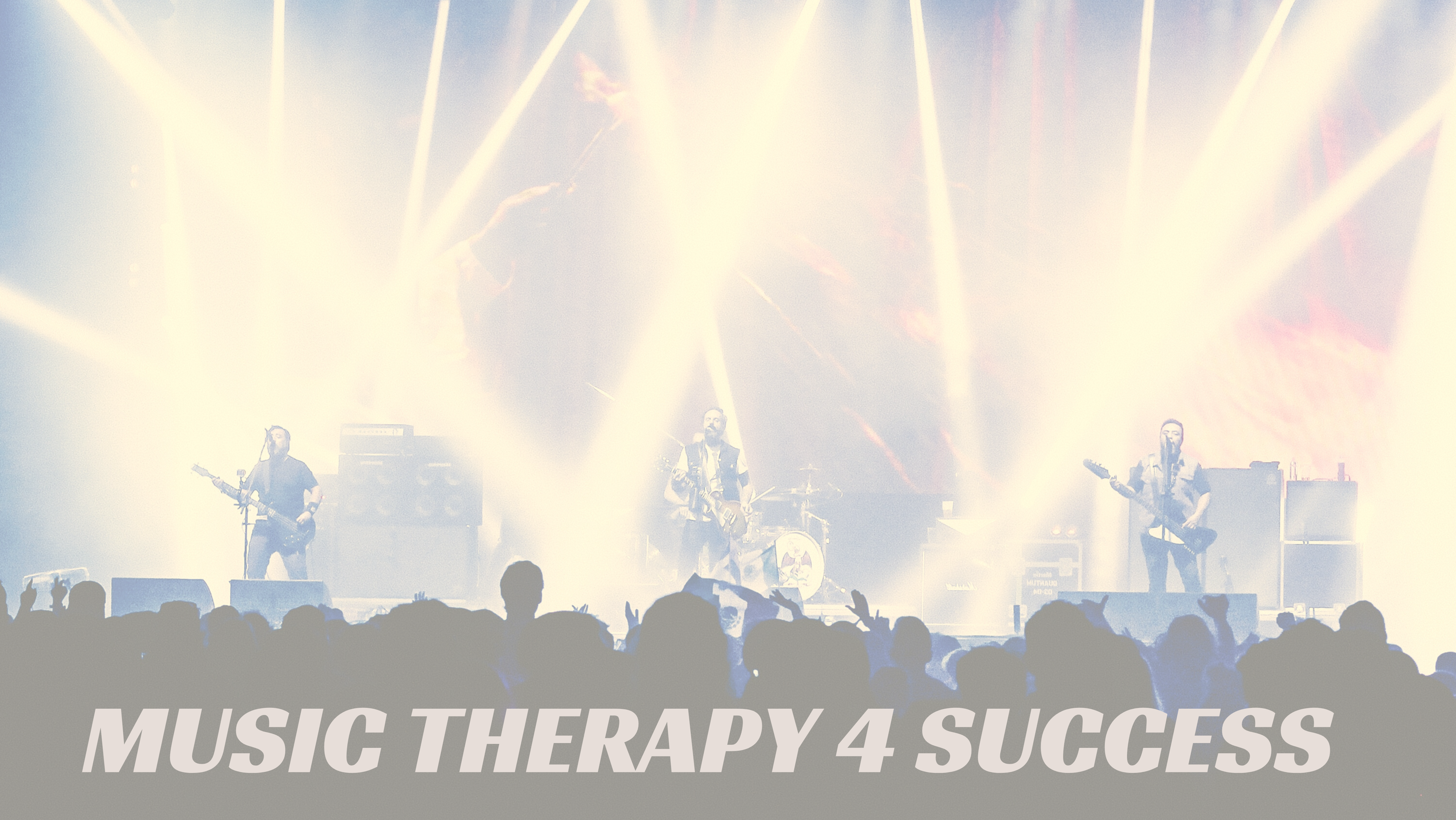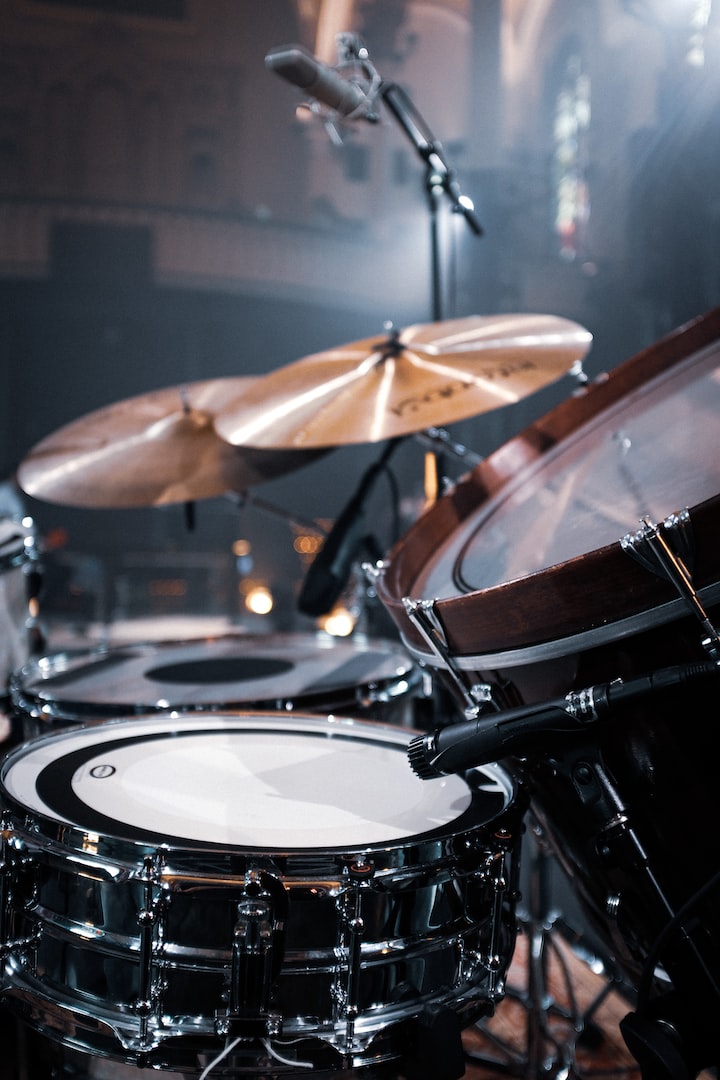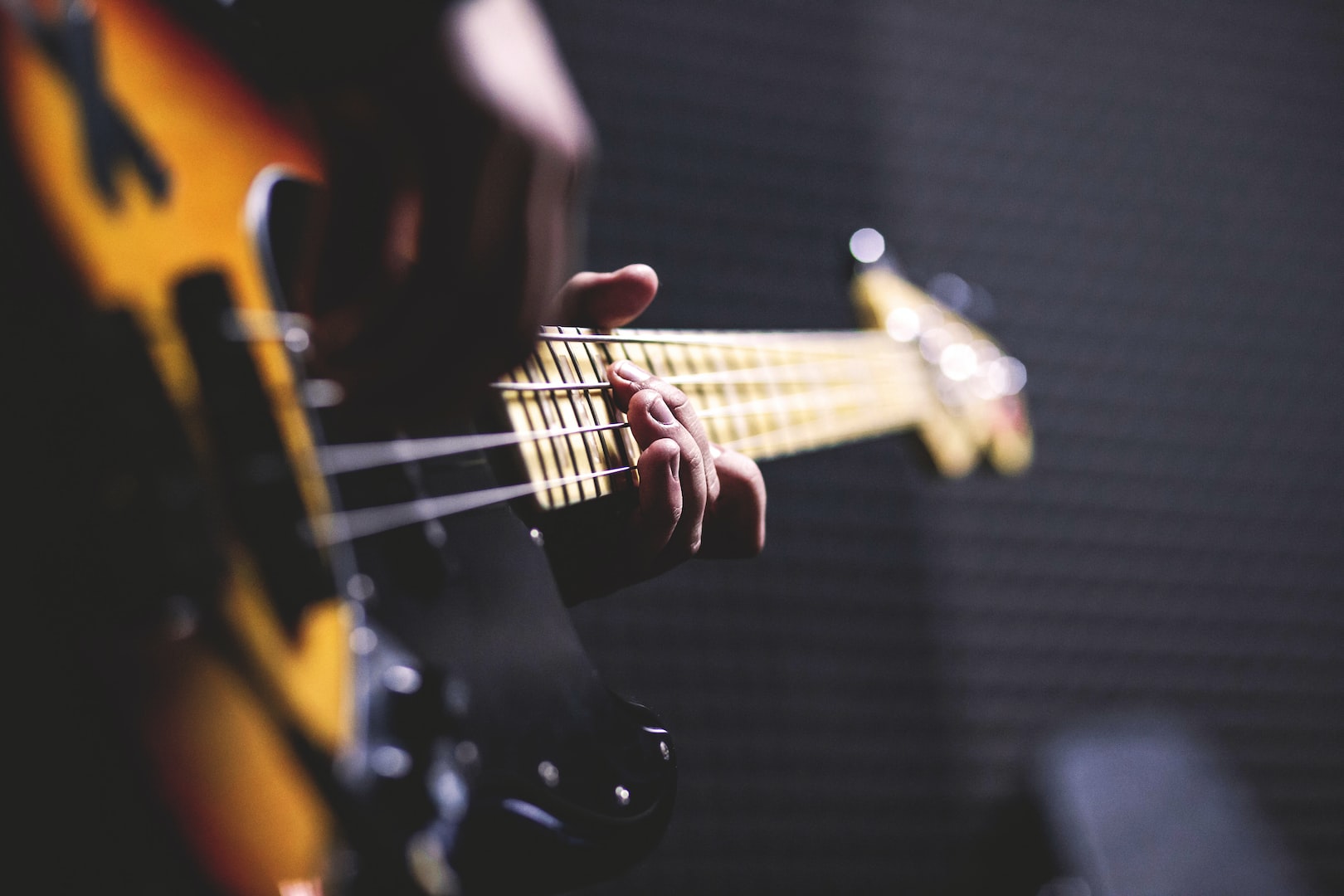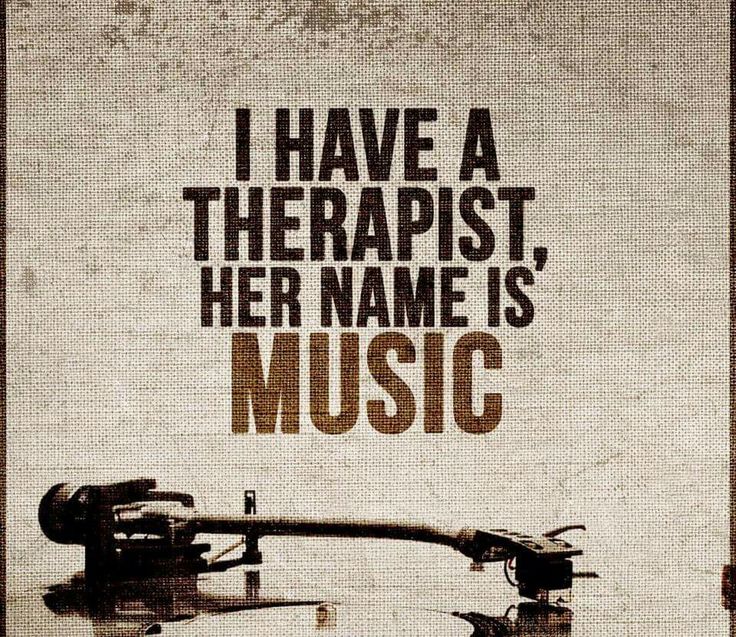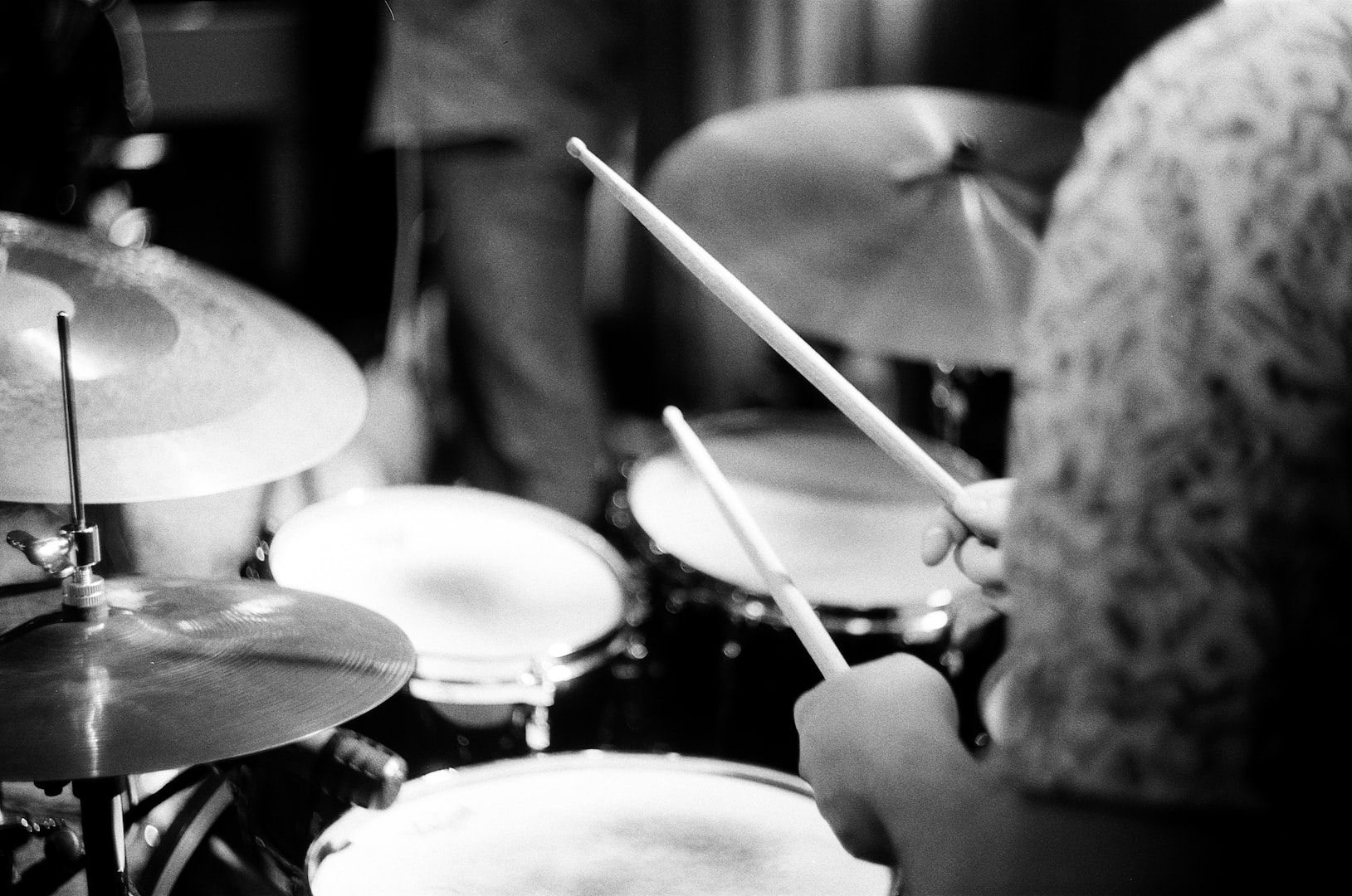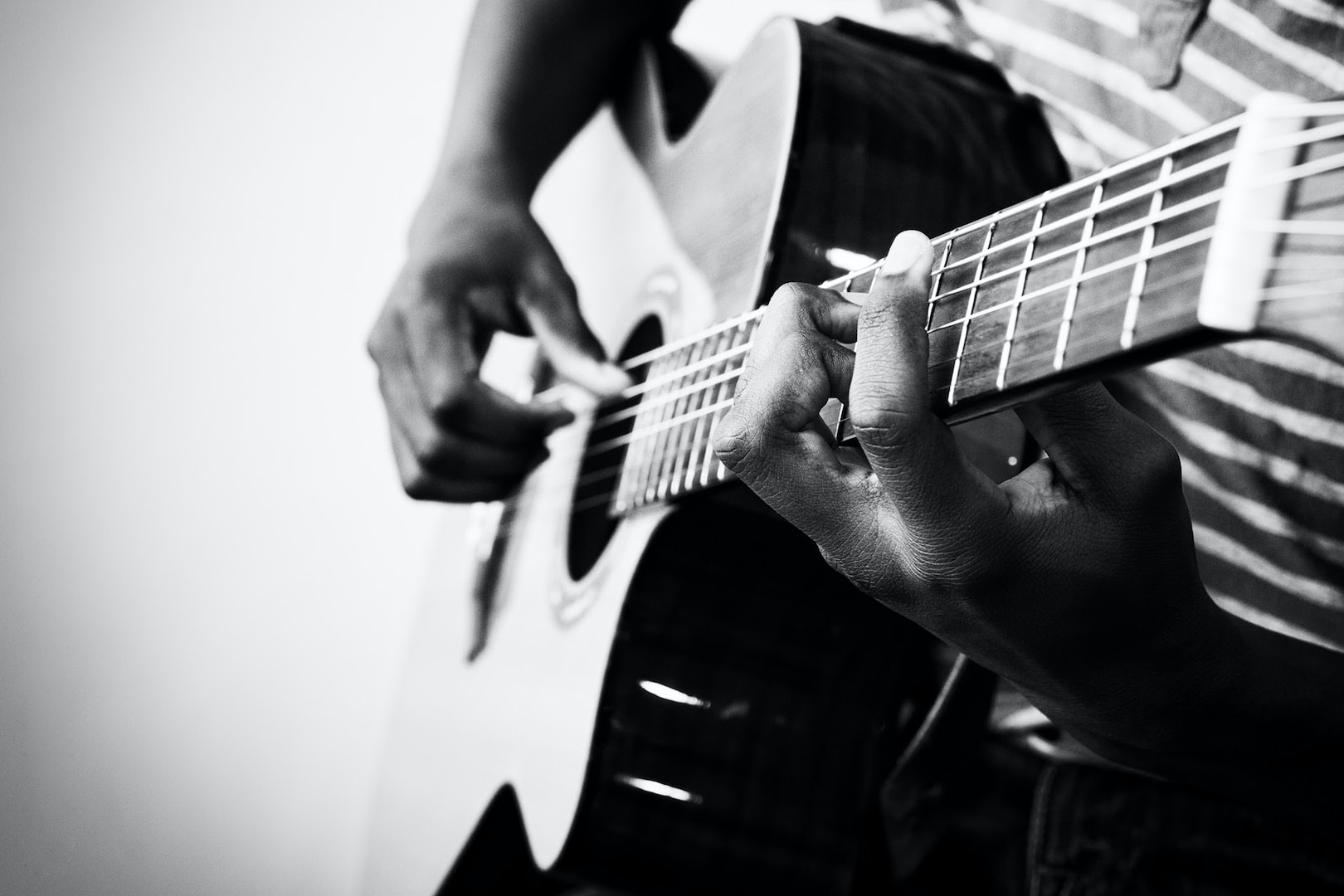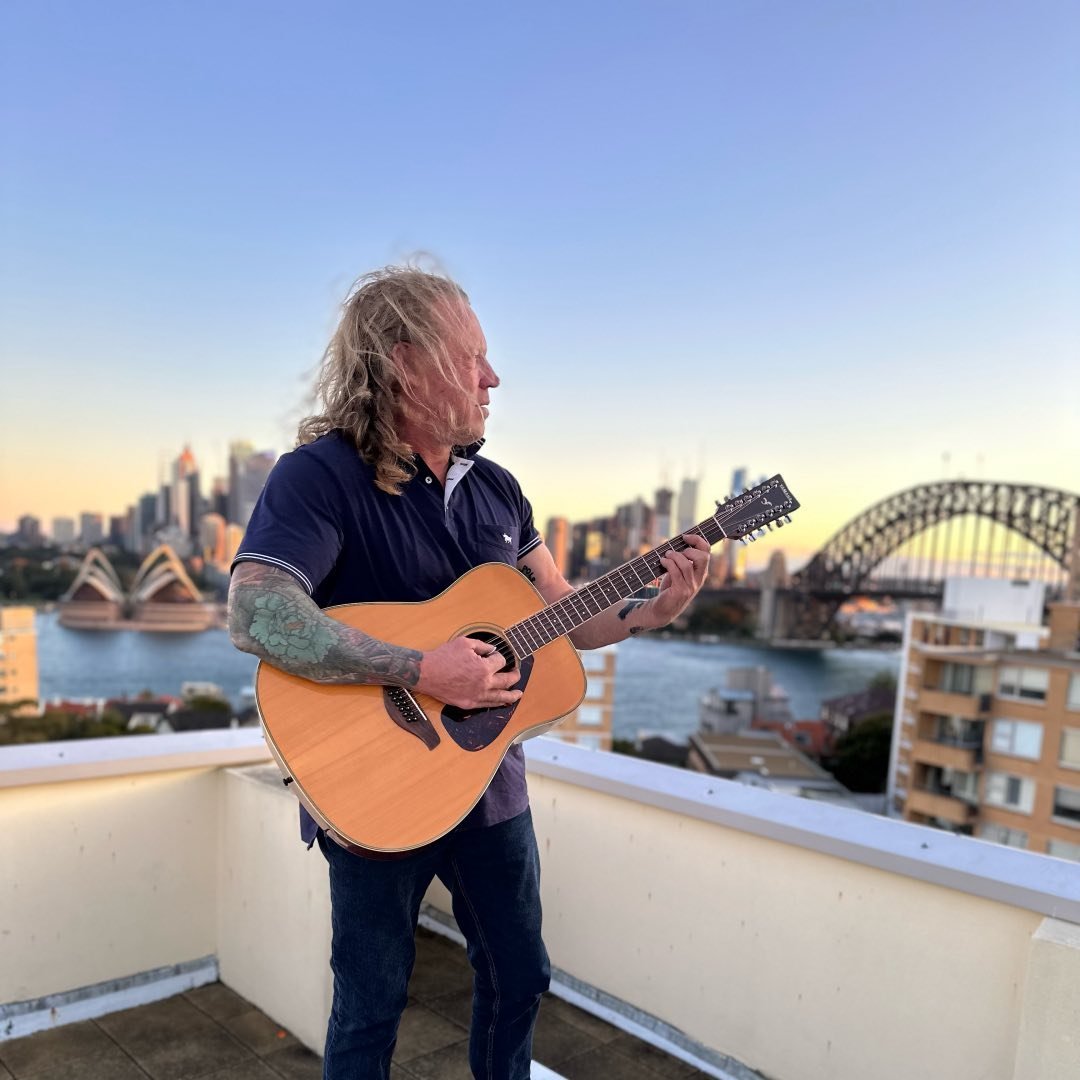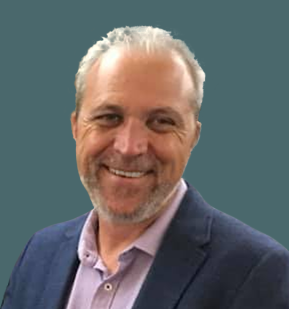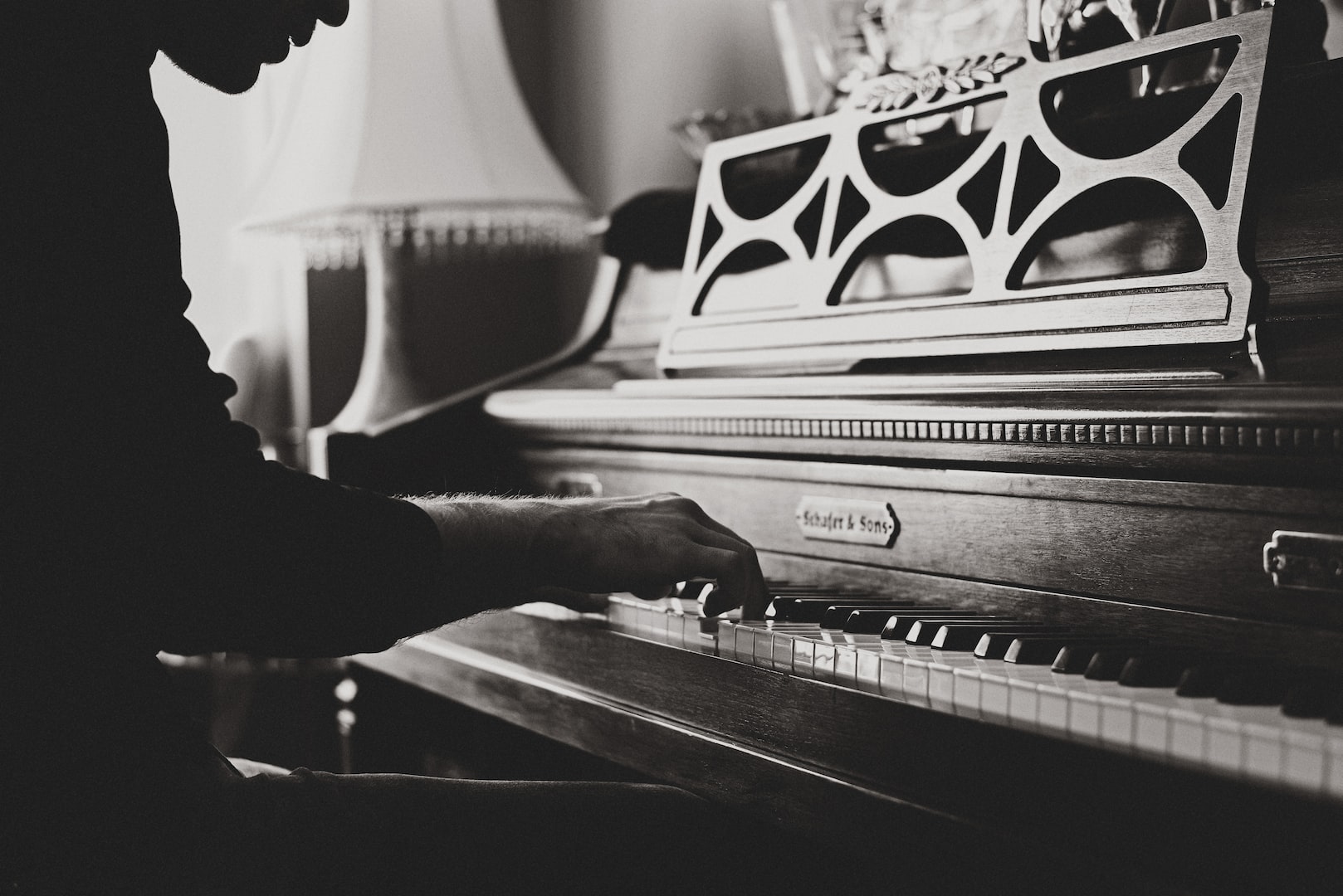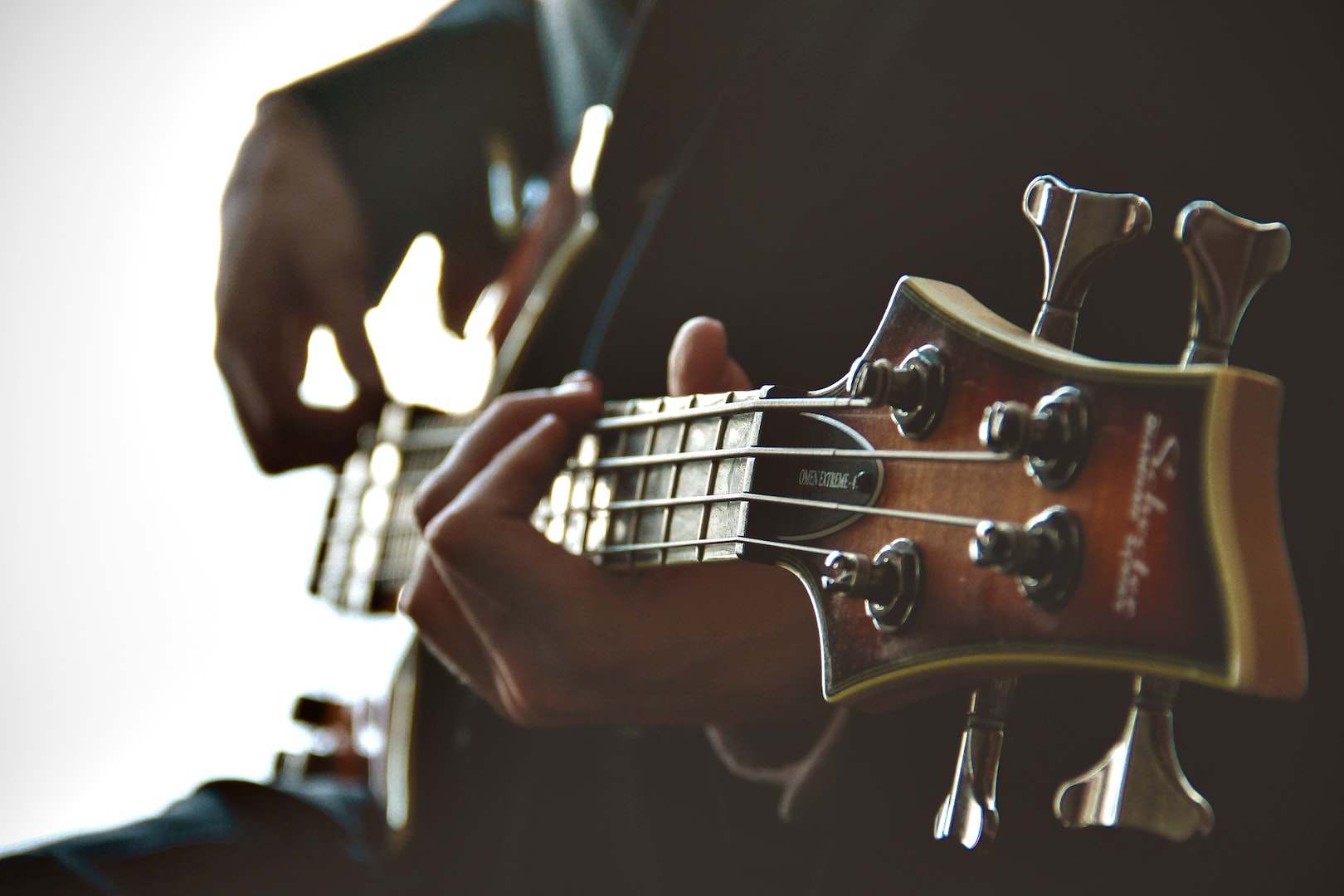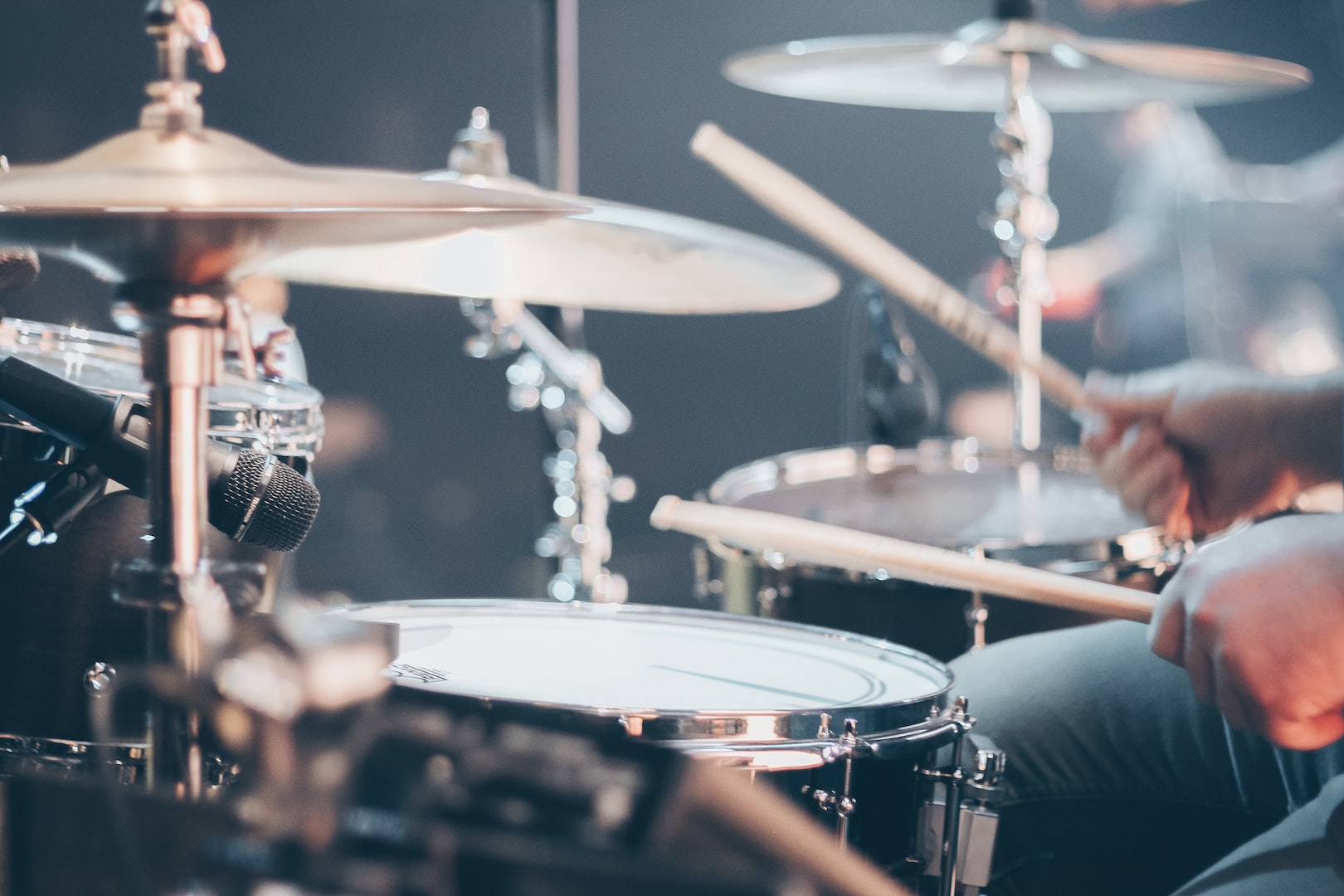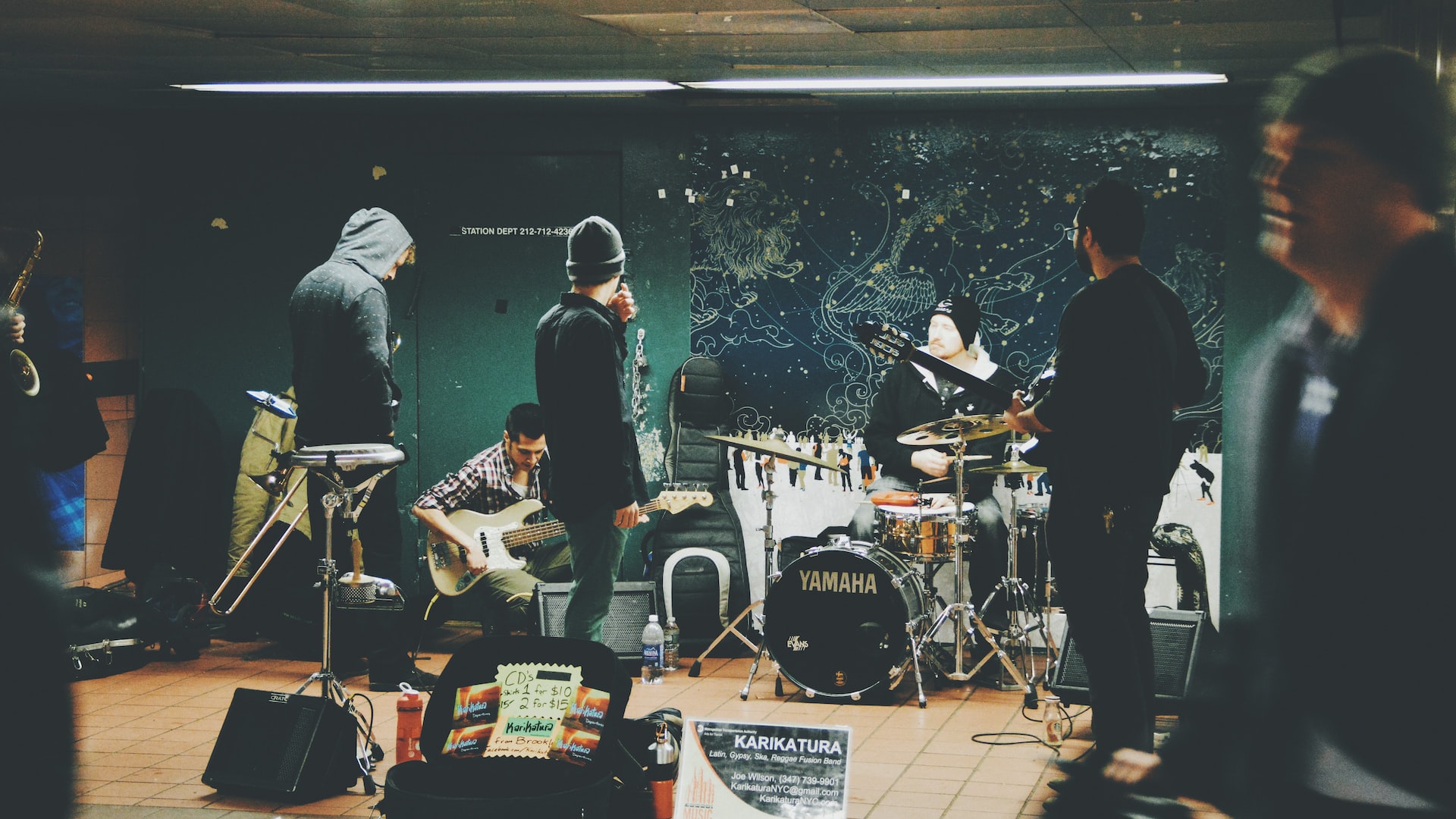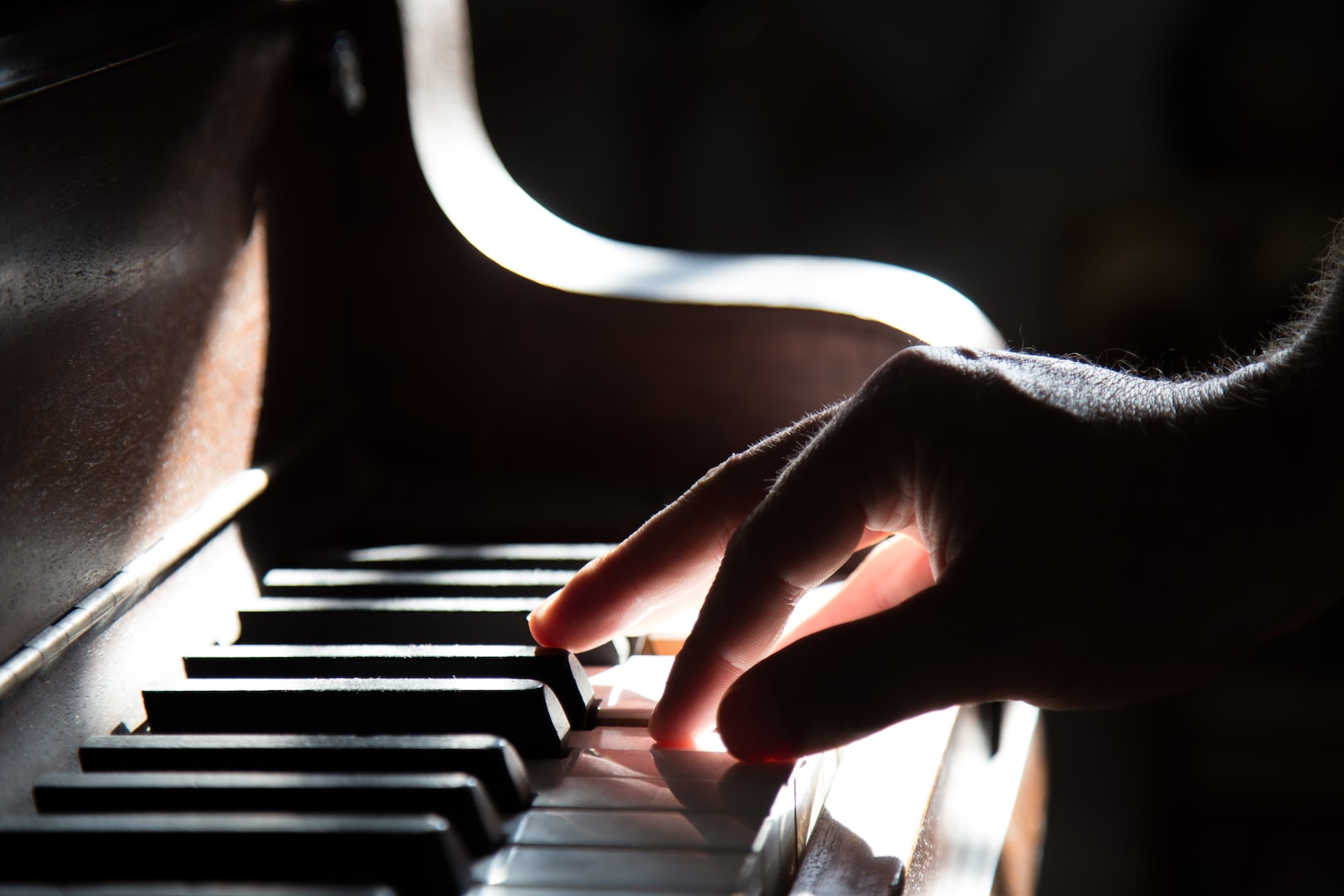Dave Steele can be defined in many ways due to the way he has lived.I believe a person can be defined by their traits and with Dave - I believe it is his work ethic - the way he thinks, feels and his attention to detail. Multi skilled, multi talented and the guy who has your back -Dave is the kind of guy you want in your vibe tribe!
Dave worked for twenty one years protecting Australia in a Government role. Post Traumatic Stress Disorder; Battle Fatigue syndrome; anxiety; depression and - a marriage breakdown became the result from his experiences in the police force - but Dave will never be defined by that.
Dave has had multiple operations - nearly losing his right leg, this would be enough for someone to just quit life but not Dave.
March 25th 2022, Dave started a new chapter by enrolling in an outpatient adult trauma 16 week course. The course guided patients to self-evaluate and it was also on this day that Foo Fighters drummer Taylor Hawkins died. This hit Dave hard. Dave has seen the band around the world about 20 times and he grieved terribly. It also woke him up!
The deep roots of music for Dave comes from his Great great grandfather William Henry Styles member of the Royal Fusiliers. Being a member of the Queens own - who was Queen Victoria's personal Royal Scotts Guard and music arranger. Just before WW1 William, his wife and seven children came to Australia and William became Dame Nellie Melba's music composer.
Growing up with music from age 5 with piano gave Dave the heart beat he needed to create Music Therapy 4 Success - especially after he felt the effects from acoustic drumming to help reconnect the nerve pathways with his right leg. The drumming allowed right leg movement, coordination - and he felt a sense of satisfaction, he felt relief and now a purpose. It all fell into place.
Dave connected with Psychiatrist Professor Zach Steel (no relation), Music Therapist Benjamin Weblin together over a 12 month period - they have developed and received approval. Early May - the first in-patient course started in Richmond at St John of God. Outpatient course is currently under review.
